ENQUIRE NOW
Weight Loss Surgery Cost In India - Get Cost Estimate
What is Bariatric Surgery Cost in India?
According to the World Health Organisation, about 16% of adults worldwide were found obese in 2022, thus making obesity a widespread problem among people. Obesity serves as a precursor to other chronic conditions such as type 2 diabetes, cardiovascular disease, hypertension, and certain forms of cancer, thus putting emphasis on immediate intervention.
Bariatric surgery, a laparoscopic procedure, is performed to manage the body weight in obese people. This helps patients lose excess body weight and often results in long-term benefits such as better control of diabetes, reduced risk of heart disease, diabetes and so on.
The average cost of bariatric weight loss surgery in India ranges between INR 2,00,000 and INR 4,00,000 for Indian patients. For International patients, the cost ranges from USD 4000 to USD 7000. This cost includes surgeon fees, anaesthesia charges, OT charges, medical consumables and hospital stay for 3-4 days.
What is Bariatric Surgery?
Overweight and obesity are globally prevalent these days, affecting both men and women. Obesity poses serious health risks such as high blood pressure, heart disease, liver disease, sleep apnea and certain types of cancer.
The root cause of obesity can be attributed to excess body fat. Hence, there is a metric system to calculate the amount of body fat expressed in terms of body mass index (BMI).
BMI is calculated by dividing an adult’s weight in kilograms by the square of their height in metres. A person is said to be overweight when their BMI ranges between 25 and 29.9. An obese person has a BMI of over 30. Obesity, in the long run, is risky and hence obese patients are advised to undergo lifestyle change, regular exercise and other weight loss methods. However, despite these efforts, they may not always yield desired results.
Bariatric surgery is the most effective solution, recommended for obese patients in which their extra body fat is removed. It is recommended for the obese patients who have:
- BMI (kg/m2) is more than 40
- BMI ranges between 35-39.9 with associated comorbid conditions such as hypertension, diabetes, obstructive sleep apnea, joint pain, etc.
- Unsuccessful weight loss attempts by exercising and dieting
If someone meets these criteria, they can consult a bariatric surgeon and get their weight-loss surgery done.
What are the Methods Used in Bariatric Surgery?
Bariatric surgery is a laparoscopy-based weight reduction procedure aims at minimising the size of the stomach and lowering the appetite of the patient. The common type of bariatric procedures are as follows-
Gastric bypass surgery (Roux-en-Y gastric bypass surgery )
It is the most common procedure of bariatric surgery which focuses on minimising the amount of food a patient can consume by-
- Stapling off the upper section of the stomach
- Attaching this pouch directly to the small intestine
In this way, the amount of fat and calories absorbed by the body is reduced.
Sleeve gastrectomy
In this procedure, 80% of the patient’s stomach is removed. It primarily focuses on:
- Reducing the food intake
- Producing an appetite-reducing hormone called ghrelin, which reduces food intake
- Accelerating gastric emptying.
Biliopancreatic diversion with duodenal switch (BPD/DS)
This surgery restricts the malabsorption of food, thus helps in reducing fat content in the body. This surgical procedure is performed in two steps-
- Sleeve gastrectomy- Most part of the stomach is removed.
- Duodenal switch- Firstly, the jejunum is closed by surgery. And then, the duodenum is attached to the ileum by creating a diversion, a process called a duodenal switch.
Single-anastomosis duodeno-ileal bypass with sleeve gastrectomy (SADI-S)
This surgical procedure ensures that the food remains in the intestine for a short period, leading to reduced absorption and hence limiting unnecessary weight gain. It involves two major steps-
- Sleeve gastrectomy– Most part of the stomach is removed.
- Duodeno-ileal bypass– Firstly, the duodenum is closed by surgery. This opening below the new stomach is then connected to a part of the ileum, reducing its size by 40%.
Gastric band surgery (Lap-Band)
In this procedure, an adjustable silicone band is attached to the upper part of the stomach. This functions as a small stomach to store food. Once the patient stops eating, the food in the small pouch then slowly move into the main part of their stomach.
This is a reversible process and is less preferred over other methods due to its high failure rate.
Bariatric surgeons opt for any of these surgical procedures considering various factors, such as body mass index, eating habits, other health issues, previous surgeries, and the risks involved with each procedure.
What are the Factors affecting the cost of Bariatric Surgery in India?
Bariatric surgery is a doctor-led scientific weight loss procedure that primarily uses a laparoscopic technique to reduce a person’s body weight. Before planning a surgical procedure, factors affecting the overall surgical cost must be considered.
The cost of bariatric surgery in India can vary depending on several factors:
Type of Procedure
Different types of bariatric surgeries, such as gastric bypass, sleeve gastrectomy, and gastric banding, have different costs associated with them.
| Type of surgery | INR | USD |
|---|---|---|
| Gastric bypass surgery | 3,50,000 – 5,50,000 | 6000-7000 |
| Sleeve gastrectomy | 3,50,000- 4,50,000 | 5000-6000 |
| Single-anastomosis duodeno-ileal bypass with sleeve gastrectomy (SADI-S) | 5,00,000-7,00,000 | 7000-8000 |
| Gastric band surgery (Lap-Band) | 2,50,000-3,50,000 | 4000-5000 |
Location of the hospital
The geographical placement of the hospital and its distance from urban centres could potentially drive up expenses. Typically, hospitals situated in metropolitan areas tend to incur greater treatment costs, consequently impacting the ultimate price of their services.
Complications and Revisions
Some complications, such as anastomotic leak, deep vein thrombosis and infection in the wound, may arise after the surgery. When checked on time, these can be managed.
Medical condition of patient
The overall health status of the patient, including any pre-existing medical conditions or obesity-related comorbidities such as diabetes, cancer, etc., can influence the complexity of the surgery and associated costs. This may increase the cost by INR 25,000 to INR 30,000 (USD 300 to USD 360) depending on the health condition.
What are Pre-surgical and Post-surgical Expenses in a Bariatric Surgery in India?
Apart from the surgery itself, there could be additional expenses in patients’ health examination to avoid complications both pre and post surgery.
Preoperative Evaluation and Testing (complete blood count, liver function tests, pulmonary function testing, electrocardiograph and nutritional assessments etc.): INR 10,000 to INR 15,000 (USD 200 to USD 300)
Post-operative Care:
- Medications and vitamin supplements: This costs around INR 1000 to INR 3000 for Indian patients. For international patients, the cost ranges between USD 15 and USD 40
- Follow-up appointments: INR 1000 to INR 2000 (USD 15 to USD 25)
- Dietary counselling: INR 1500 to INR 2500 (USD 20 to USD 30)
What Should be the Post-surgical Care after Bariatric Surgery?
After the bariatric surgery, surgeons closely monitor for any potential complications such as anastomotic leak, any infection and so on. Some essential post-surgical care to be adopted after bariatric surgery are listed below.
Follow-up visits
Following the surgery, periodic check-ups are conducted to monitor blood tests, wound healing progress, and the rate of weight loss. This routine is essential to ensure the success of the bariatric surgery and prevent any postoperative complications.
Activity limitations
During the first few weeks, weakness and fatigue are usually common. Hence, strenuous activities, such as heavy lifting and sports should be avoided. Though, small walks are advised for 30-45 minutes that can be extended based on the patient’s health condition.
Nutrient intake
Due to the alterations in diet and diversion of the digestive system during bariatric surgery, deficiencies, particularly in micronutrients like iron and zinc, are frequently observed. Some of these deficiencies may even result in heart failure and neuropathy. Therefore, it is essential to take supplements if advised by the surgeon and not neglect them under any circumstances.
Wound care
It takes around 5-10 days for a wound after bariatric surgery to heal. Hence, during the recovery period, maintaining personal hygiene is crucial. Any redness, inflammation or fluid exudation should be immediately reported to the doctor.
Does Health Insurance Cover Bariatric Surgery?
Health insurance covers major surgeries that require hospitalisation and daycare procedures. The Insurance Regulatory and Development Authority of India (IRDAI), in October 2019, included bariatric and metabolic surgery as a treatment option for clinically obese people. The only condition associated with this is that surgery must be recommended by a doctor to treat a medical condition and not just to improve aesthetic appearance. Otherwise, the insurance policy won’t cover the surgery expenses.

